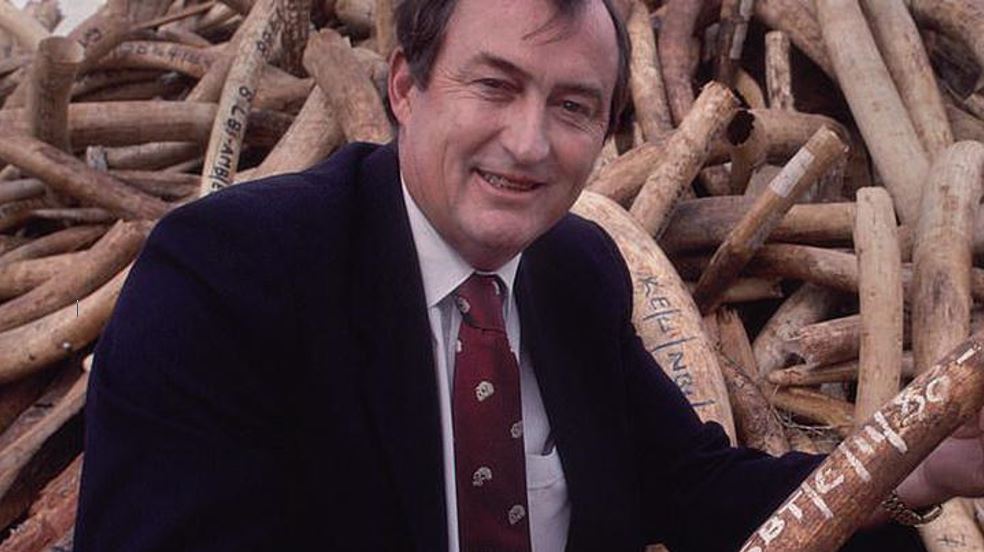Go Places Pay Tribute To Richard Leakey
Richard Leakey, renowned Kenyan paleoanthropologist, has died at age of 77 Leakey was responsible for digs that uncovered two of humanity’s early ancestors in Kenya, helping to prove our species evolved in Africa He later dedicated himself to anti-poaching efforts to tackle the ivory trade Leakey had battled skin cancer, as well as suffering liver and kidney disease.
Born on 19 December 1944, Leakey was destined for palaeoanthropology – the study of the human fossil record – as the middle son of Louis and Mary Leakey, perhaps the world’s most famous discoverers of ancestral hominids.
Initially, Leakey tried his hand at safari guiding, but things changed when at 23 he won a research grant from the National Geographic Society to dig on the shores of northern Kenya’s Lake Turkana, despite having no formal archaeological training.
In the 1970s he led expeditions that recalibrated scientific understanding of human evolution with the discovery of the skulls of Homo habilis (1.9 million years old) in 1972 and Homo erectus (1.6 million years old) in 1975.
A TIME magazine cover followed of Leakey posing with a Homo habilis mock-up under the headline ‘How Man Became Man’.
Then in 1981, his fame grew further when he fronted ‘The Making of Mankind’, a seven-part BBC television series.
Leakey held a number of official positions in Kenya, mostly in institutions of archaeology and wildlife conservation. He was Director of the National Museum of Kenya, founded the NGO WildlifeDirect and was the chairman of the Kenya Wildlife Service.
Leakey co-founded the Turkana Basin Institute in an academic partnership with Stony Brook University, where he was an anthropology professor. He served as the chair of the Turkana Basin Institute until his death

Story Courtesy of OperaNews and BBC News
